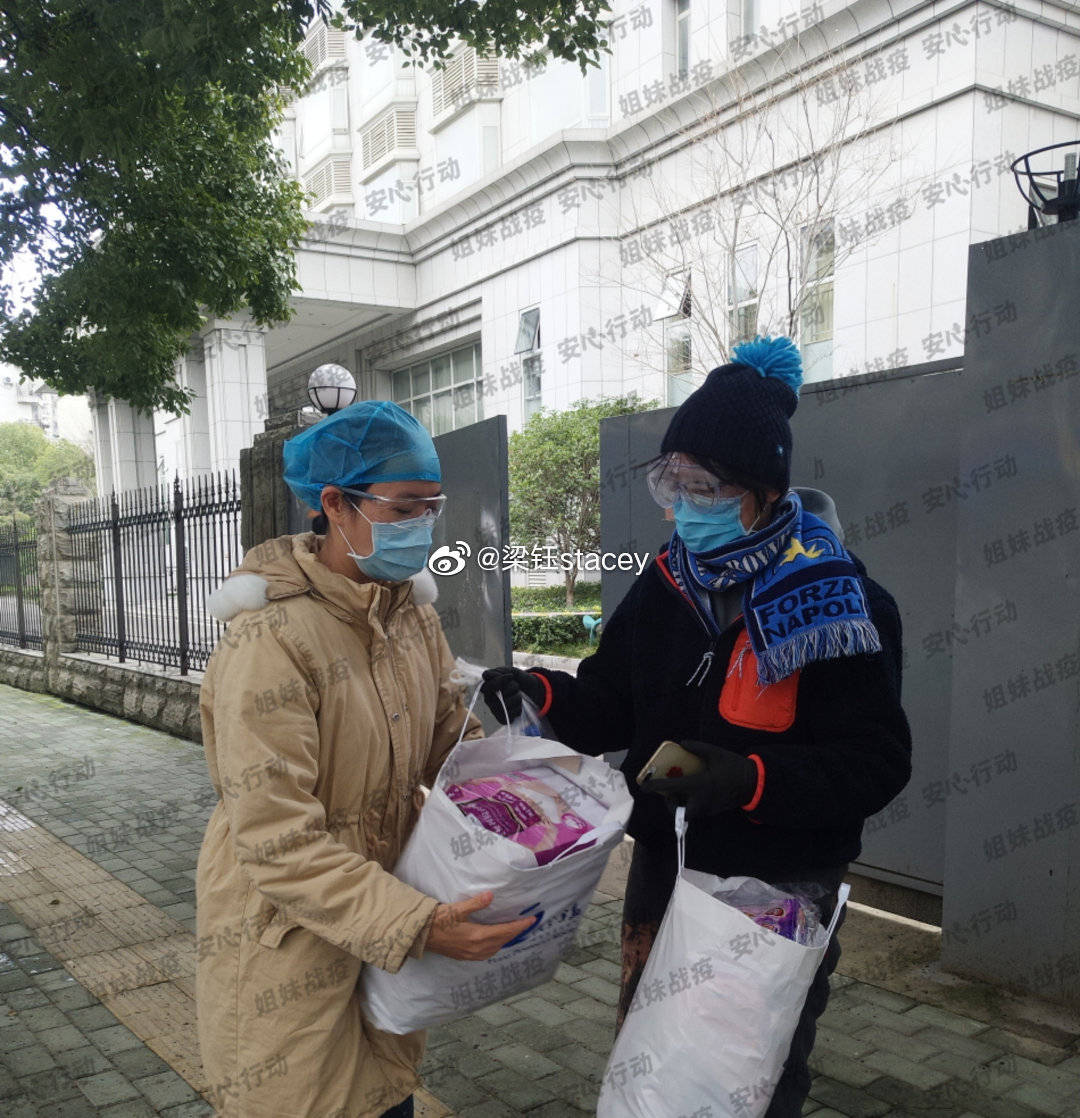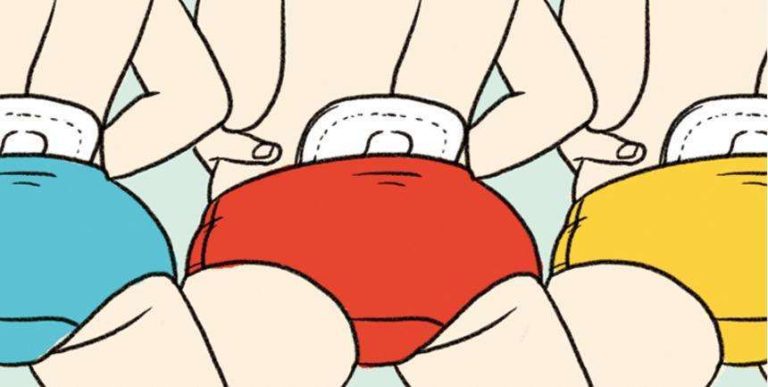Shenyang, a city in northeastern China, is known for stocking up on crazy amounts of Chinese cabbage for the Spring Festival. Each family buys enough to fill entire burlap sacks. Yet, during the most desperate weeks of Wuhan’s struggle against the coronavirus, Shenyang donated 130 tons of Chinese cabbage.

Like Shenyang, the rest of China was sending its best supplies to the city of Wuhan. And it was not all cabbage: the most common supplies were hazmat suits and face masks. For a while, social media was buzzing with warm comments and praise over all the kind gestures.
Yet, one critical item was overlooked. On February 6th, a Weibo user named Yu Liang, wrote a post: Do female medical workers have enough tampons? Could they manage long hours inside hazmat suits while on their periods? According to a WeChat article, “The number of female medical workers in Hubei province is more than 100,000, accounting for more than 60% of all medical workers now in Hubei.” It seems Yu was right to be concerned.
Women should change their tampons every two hours to maintain hygiene. Yet, the medical workers keep their protective suits on for hours on end (sometimes one suit is worn for eight hours straight).
“It saddens me that this remains to be only ‘trivial knowledge’.” One user had commented.
At the time, the shortage was acute, yet no one seemed to know or care.
So, Yu began organizing a fundraiser to supply feminine hygiene products for female medical workers. As of March 16, her group has donated a total of 621,044 feminine hygiene products.
However, some of the responses she received were rather shocking. Many people praised her and even began discussions of why this shortage was overlooked. Others thought her donations were “trivial”.

(Picture of Yu Liang promoting her fundraiser)
Moreover, many hospitals rejected her donations, or refused to place them on the same “emergency delivery” route. Perhaps, tampons are too taboo in nature. Some even threatened to pursue legal battles with her if she continued her fundraiser on social media.
Even after Yu reached out to hospitals, the reply she received was blunt: “This isn’t within the list of items for donation.” Many Weibo users left negative comments telling her to stop making a big fuss.

Unfortunately, many hospitals did not initially see tampons as a major issue. Later, even as the topic began trending, tsome netizens commented: “People’s lives are at risk, can we stop focusing on what goes on in their pants?” Others claimed that women should take birth control instead of ‘making a fuss.’
In response, two male internet celebrities, Alistair Bayley (贝贝“Bei Bei”) and 波波 “Bo Bo” in China made a video simulating what it was like to work while on a period for an entire day. And in the end, they added their donations to the fund.
They said, “Everyday these women are fighting nonstop. They have no choice but to wear the same feminine hygiene product and the same suit for hours on end. The hardship women face and the efforts they put in should not be overlooked. At the front lines, in terms of periods and feminine hygiene, they are choosing to sacrifice themselves for the well-being of others. Everyone should understand the importance of their needs.”
Alex, another internet celebrity, made a video to educate the public on “the period” and the difficulties women may face while on their periods in China and around the world. And many more stood up for Yu’s cause.
The topic trended for days. Similar to other parts of the world, in China, feminine hygiene products, are associated with shame. They are not considered appropriate for public conversation. For many women, even telling other people that they are on their period can be embarrassing. Many women hide their tampons as they rush to the bathroom to change it.
Many people simply didn’t want to discuss it. They feel like the topic isn’t one for open discourse. Yet, at the same time, this idea of shame closes the space for conversation and education. Not being able to talk about something openly means that men are not aware of the realities and difficulties that come with a period. They tend to dismiss it as unimportant.
What do you think? Let us know below.
[zombify_post]


0 Comments